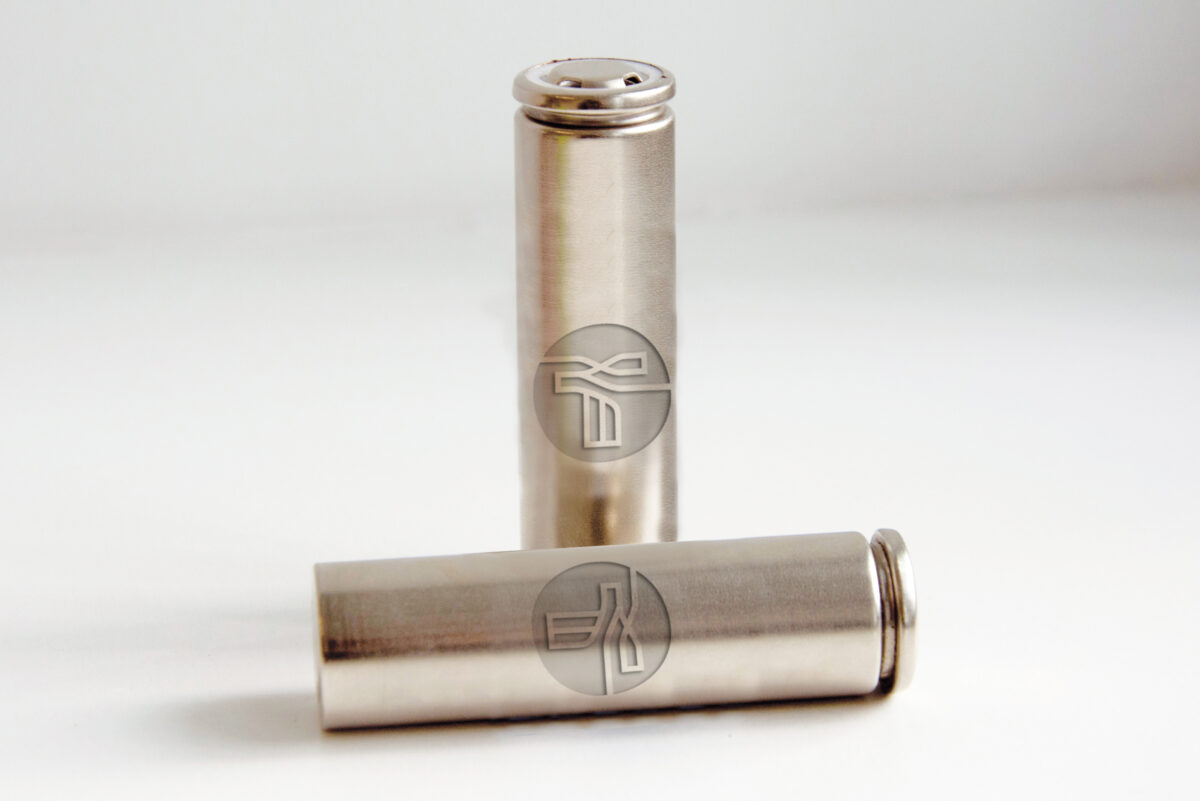Tiamat has announced that it is ready to launch the industrialization of its sodium-ion batteries, which will involve the construction of 5 GWh production plant in northern France.
The commissioning of the first phase of the manufacturing facility with an annual capacity of 700 MWh is planned for the end of 2025, with the full production potential to be reached in 2029. The facility in the Hauts-de-France region will eventually employ more than 1,000 people.
The company will initially manufacture sodium-ion cells for power tools and stationary storage applications in its factory “to fulfill the first orders that have already been received.” It will later target to scale-up production of second-generation products for battery electric vehicle applications.
According to Timat, the new financing round, which brought in €30 million ($32.6 million) in the first phase, will enable the start of the gigafactory construction. Stellantis, Arkema and MBDA were among the new investors, alongside existing investors and the French investment bank Bpifrance.
“We are very pleased to be able to start the industrial project of this project thanks to the renewed support of historical investors and our new partners,” said Tiamat Managing Director Herve Beuffe. “We will be able to produce our technology locally and mass-market it, and this address the issues of sovereignty and availability of materials generated by conventional energy storage technologies.”
Tiamat expects to complete the financing of its industrial project in the coming months with “an additional equity raising of a similar size with the entry of new investors, as well as a mix of debt and subsidies”, bringing the total financing to around €150 million.
Tiamat is a spin-off of the French National Centre for Scientific Research (CNRS) and was founded in Amiens in 2017. It recently became the first company in the world to have commercialized a sodium-ion technology in an electrified product.
The company’s first gigafatory will be located in the so-called “battery valley,” in the Hauts de France region, which has recently become the hotspot of battery manufacturing in the country, after the closure of its mines and most of the steel industry.
Previously, lithium-ion battery makers AESC, ACC, Verkor unveiled plans to establish gigafactories in the region. Taiwanese solid-state battery specialist ProLogium has picked Hauts-de-France for its first manufacturing plant abroad.
Mining and metals group Eramet and environmental services group Suez have decided to locate their EV battery recycling plant in Dunkirk, near the border with Belgium, whereas Chinese group XTC and France’s Orano have unveiled plans for the production of cathode material for lithium-ion batteries not far away.
This content is protected by copyright and may not be reused. If you want to cooperate with us and would like to reuse some of our content, please contact: editors@pv-magazine.com.




By submitting this form you agree to pv magazine using your data for the purposes of publishing your comment.
Your personal data will only be disclosed or otherwise transmitted to third parties for the purposes of spam filtering or if this is necessary for technical maintenance of the website. Any other transfer to third parties will not take place unless this is justified on the basis of applicable data protection regulations or if pv magazine is legally obliged to do so.
You may revoke this consent at any time with effect for the future, in which case your personal data will be deleted immediately. Otherwise, your data will be deleted if pv magazine has processed your request or the purpose of data storage is fulfilled.
Further information on data privacy can be found in our Data Protection Policy.